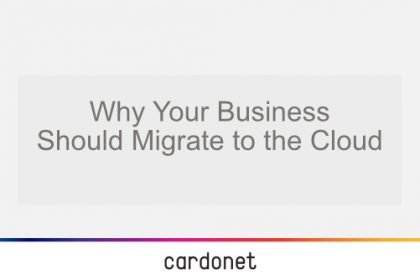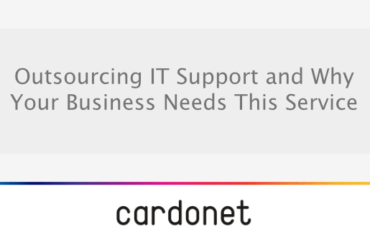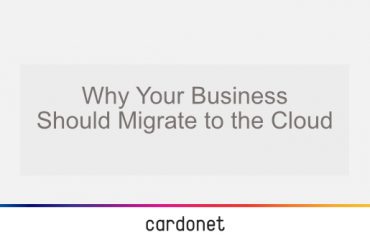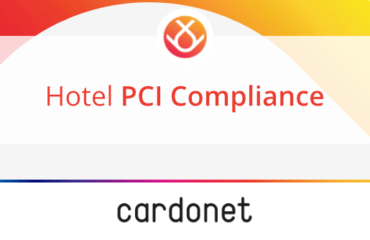
In the third part of this series, we will continue discussing the advantages of the cloud and how it benefits your business. In last weeks’ article we looked at how migration to the cloud can help reduce business costs, how it allows for flexible working and how it can scale up or down to meet your needs in a matter of moments. In this article we will explore security and disaster recovery as well as reliability.
Security
Whilst some may argue that storing data on the cloud leaves it vulnerable to cyber-attacks, cloud providers have invested huge amounts of time and money into ensuring that security is watertight. The big cloud providers, such as Google Cloud Platform, Amazon Web Services and Microsoft Azure know that security is at the forefront of consumers’ minds and without it, there is no product. Moreover, lost laptops and damaged hardware can mean huge losses for a business. With the cloud, if a company laptop is lost, it can be wiped remotely so that confidential information doesn’t fall into the wrong hands. Cloud systems also help prevent damage from lost laptops and leaked passwords by encrypting data and keeping it stored in a secure, centralised location so hardware losses don’t affect productivity. Perhaps one of the biggest security-related advantages of public clouds is that you don’t have to worry about compliance. Public data centres are already accredited, so compliance requirements such as ISO 27001, PCI and GDPR are all met. Your risk of non-compliancy is therefore alleviated, leaving you to run your business without having to worry.
Disaster Recovery
Traditionally, a business would have to have a disaster recovery plan in place to prepare for disaster, be it a cyber-attack or flood or fire. Smaller businesses who lack the funds and the expertise may not have one at all, leaving them vulnerable. However, when storing data on the cloud, this is not necessary. Cloud-based disaster recovery is more flexible as there are more solutions; organisations are not tied to a particular type of architecture so they can choose an option that meets their needs, regardless of where they are on their cloud journey. Additionally, cloud disaster recovery is cheaper and faster than traditional; backing up from the cloud is far easier than physical duplication. Indeed, by nature, it is quicker; if a virtualised server fails, another can be put up in minutes. Applications, operating systems and data can all be automatically restored on a virtual server, whereas each element would have to be restored individually in a physical server. Furthermore, to link scalability with disaster recovery, as your data grows and becomes more complex, cloud disaster recovery follows. Finally, in terms of compliance, faster recovery times may help avoid fines for missing deadlines.
Reliability
A few years ago, when the cloud was still relatively new technology, people were understandably reluctant to take the risk of migrating their business to be fully dependent on it. However, the cloud has matured over time. It is now tried and tested technology and is utilised by countless numbers of businesses, including large corporations and Fortune 500 companies. Additionally, companies such as Google, Amazon and Microsoft are providing cloud based services; these are companies with a huge amount of manpower and resources at their fingertips. In order to remain competitive, they are constantly updating their service to ensure that they are providing a premium, reliable product that the consumer can trust. When using the cloud, you will experience minimal downtime leaving you free to continue running your business and allowing you to focus on the things that really matter to you.
Innovative Technology
Following on from my previous point, the competition between cloud providers means that the service is continually being updated. Consequently, you will always have access to the newest technology. With traditional, physical servers, your hardware begins to age as soon as you purchase it. Additionally, bringing systems up to date can be costly and time-consuming, so you often only have access to newer technology every few years when the server needs replacing. With the cloud, however, you have access to the latest innovations virtually every single day. The cloud updates automatically, so you have access to the best technology as standard. Indeed, the automatic software and security updates mean that you don’t have to worry about taking the time to update it yourself.
In the next article we will discuss three final benefits of migrating to the cloud, including control, collaboration and competition.
If your business is ready to migrate to the cloud, call us on +44 203 034 2244 or +1 323 984 8908. Alternately, you can contact us online. We will be happy to help you overcome your IT challenges. We have engineering bases in the United Kingdom, Europe and Southern California and our group of highly experienced engineers are available 24/7 to assist and ensure your business’ IT infrastructure is running seamlessly.



You must be logged in to post a comment.